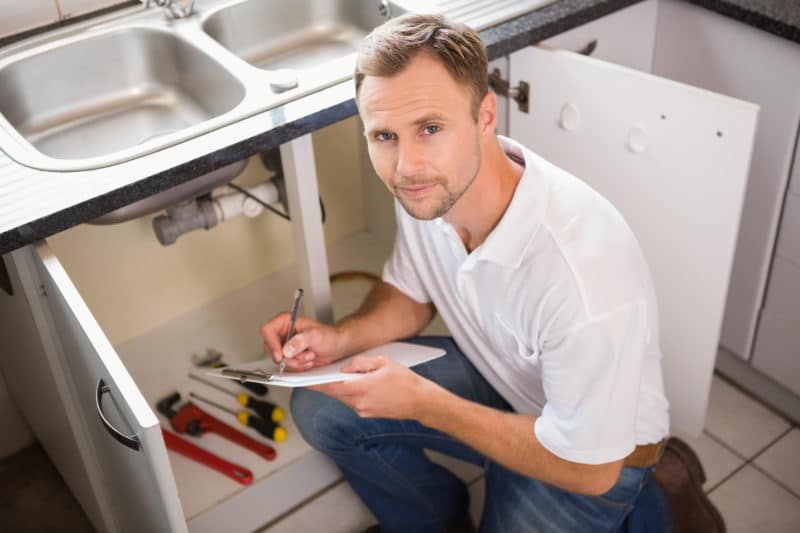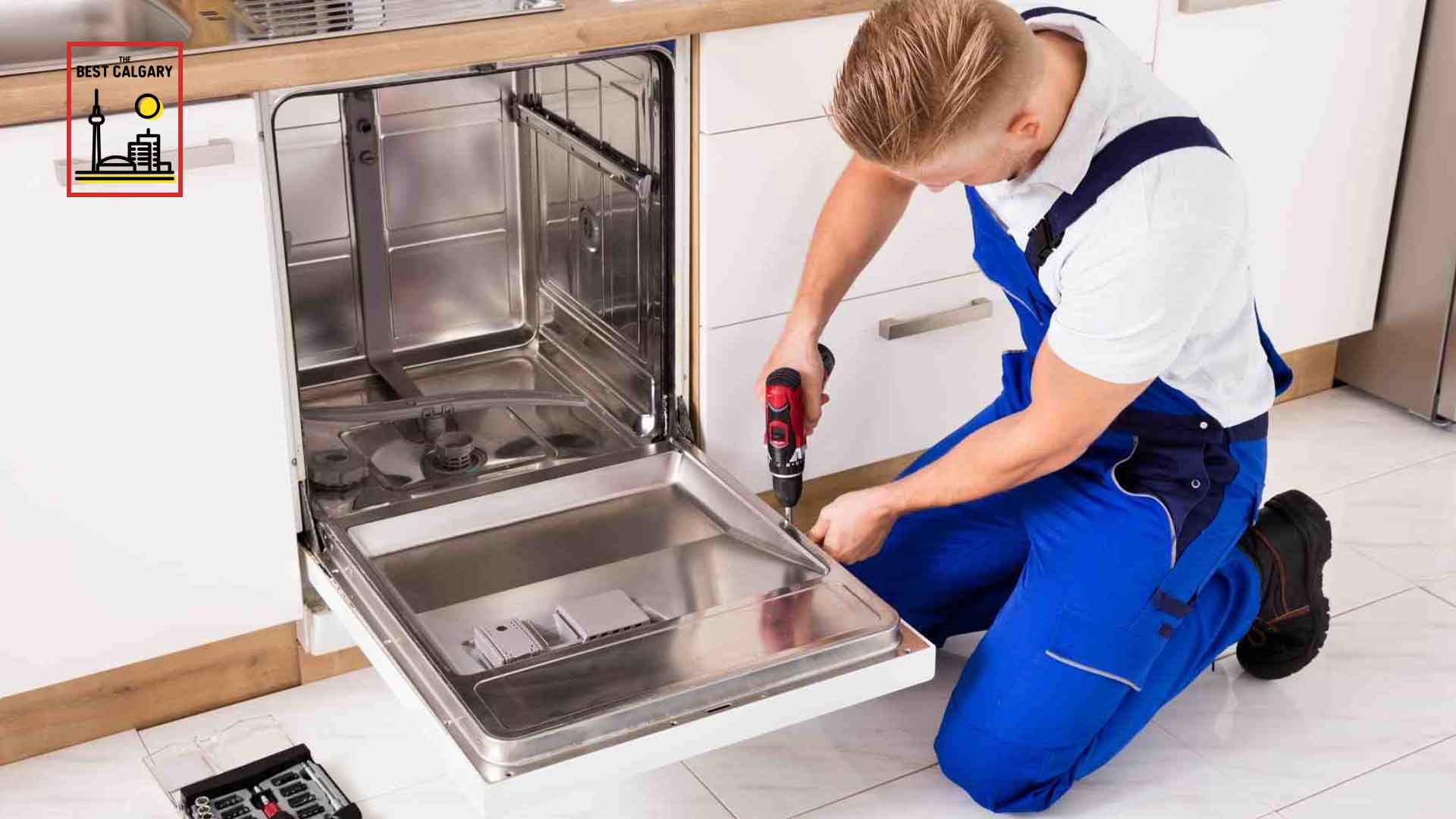6 Culprits Leading To The Degradation To Your Plumbing Appliances
6 Culprits Leading To The Degradation To Your Plumbing Appliances
Blog Article
We've uncovered this post about Ways to Make Your Pipes Last Longer directly below on the web and reckoned it made perfect sense to write about it with you on this site.

The key to long lasting home appliances, unsurprisingly, appertains maintenance. There's no set policy that can guarantee your plumbing appliances a long wear, but you can protect against unneeded damages and also repair work by preventing poor plumbing behaviors.
You ought to stop doing these 6 points else you'll maintain calling your plumber over for minor faults.
Flushing every little thing
Yes, your commode drainpipe causes the drains, however that doesn't mean you must dispose simply anything down the drain. Several 'flushable' materials are in fact excellent clog starters, as an example dental floss. Asides keeping obvious non-flushable materials like wires and plastics out of your commode, you should likewise avoid flushing cotton buds, menstruation products, wipes, daipers and also prophylactics down the toilet drainpipe.
Pouring oil in the sink
We understand correctly throwing away oil after a hearty meal is a discomfort. However just pouring it down the tubes can do long-lasting damage to your pipes. "The fat and oil can obstruct your drainpipe terribly sufficient to force you to call a plumber," discusses Dawson. "Plumbing works best when it's well looked after-- not abused with oil."
Utilizing too much drainpipe cleaner
Making use of a drain cleaner more than once or twice a month is an indication that something severe is going on within your pipelines. Currently, as opposed to facing the main problem, you go for a quick fix; a fizzy drain cleaner. Rightfully, a drainpipe cleaner will look after the obstruction, yet at what price?
The chemicals in a drain cleanser can hasten the deterioration of your pipes. Add that to whatever underlying trouble is triggering the obstruction as well as you might have to a major issue on your hands.
If you experience too many obstructions, call your emergency plumber as opposed to utilizing a drainpipe cleaner.
Not rinsing meals prior to packing them right into the dishwashing machine
it's called a dish washer, but tossing in recipes, pots, as well as frying pans covered in large food particles can in fact trigger some severe damage to the device, causing lasting troubles down the line. "Homeowners might need to get their dishwashing machine fixed more often if they don't rinse their dishes prior to filling, or at least eliminate larger food items," explains Audrey Monell, proprietor of Forrest Anderson Plumbing as well as Air Conditioning in Glendale, Arizona. "Food that gets stuck on dishes triggers the dishwasher to work harder, which can wear down components much faster, resulting in problems."
DIYing whatever
With plumbing, a stitch in time actually does save nine. You can avoid a fullblown plumbing emergency by calling your plumber at the right time.
You might have learnt a few plumbing hacks from your dad, yet you should certainly recognize where to fix a limit and call a specialist. For example, you may be able to repair a clog yourself, but you should not try to transform a pipeline. You could mismatch pipelines or overtighten a screw, causing more injury and also damages than you thought. Calling a plumber is a secure and inexpensive decision.
Not altering your dishwasher hoses
One simple method to make sure that you use your dish washer for several years is to change the tube a minimum of when in five years. This also looks for washing machine pipes.
Over time, food fragments, soap and oil can form obstructions within your pipelines. Replacing them in a timely manner will stop any kind of presure build up that can damage the interior workings of your dishwashing machine or cleaning equipment.
An enhanced steel intertwined pipe does a terrific task of lengthening your device's use time.
No winter season preventative measures
Severe weather misbehave for your pipelines, particularly if they're constructed from steel. You ought to insulate your exposed pipes, as well as your water tank, even if you have a hot water heater. You should likewise turn off your garden hose pipe valve and any other exterior water channels. These networks are outlets for cool; you pipes can begin to ice up from outside if you do not.
How Hard Water Damages Your Plumbing and Appliances
Hard water is no stranger to most households across America. This silent invader affects 85% of homes in the United States every day, wreaking havoc on pipes, plumbing fixtures, and water-using appliances.
Should you become a victim of hard water, you must understand exactly what it is and how it affects your plumbing and appliances. This will help you determine the correct measures to put in place to fix or prevent any problems that may arise.
First off, what exactly is “hard” water?
In short, “hard water” is used to describe water that contains relatively high amounts of dissolved minerals, primarily calcium and magnesium, and a host of trace metals. When rainwater falls from the sky (usually in a pure form), it absorbs the hardness minerals from rocks and soil, which changes it from soft to hard water.
What about my plumbing and appliances?
Mineral deposits from hard water can cause buildup on tubs, shower, sinks, faucets. But that’s only a small scratch of the surface. Those minerals can gradually build up inside pipes, fixtures, water heaters, washing machines, and dishwashers. Once they accumulate in those areas, they can clog pipes and create major problems throughout your plumbing system, from reduced water flow to increased pressure on pipes and fixtures.
This limescale buildup might affect some appliances, causing them to operate less efficiently and wear down faster. And the result? Higher energy bills, more (costly) plumbing replacements and repairs, and damaged appliances.
Keep in mind that certain types of plumbing are more susceptible to clogging than others. Copper, PVC, and PEX pipes are more resistant to hard water buildup and corrosion, but they can still get clogged or completely blocked by scale deposits.
How do I know if my water is hard?
White limescale buildup on plumbing fixtures (or any of the other signs mentioned above) is usually a good sign that your water is hard. If you suspect that you have hard water, you can simply shake up a small amount of dish soap and water in a closed container. If the mixture doesn’t create a lot of suds, you probably have hard water.
The most precise method, however, is to test your water with a DIY test kit (sold online or at local home centers or hardware stores) or send a water sample from your tap to a local lab to be tested. Be sure that you understand the nature of the test, the water condition being measured, and the significance of the test results.
Another way to obtain an estimate of water hardness is to check your annual water quality report to see if your water provider has reported any instance(s) of water hardness in your water supply.
https://www.springwellwater.com/how-hard-water-damages-your-plumbing-and-appliances/

Do you appreciate reading about Don’t Let an Earthquake Damage Your Plumbing? Leave feedback directly below. We would be delighted to listen to your thoughts about this content. In hopes that you visit us again soon. In case you enjoyed reading our blog entry if you please do not forget to pass it around. Thank you for going through it.
This Website Report this page